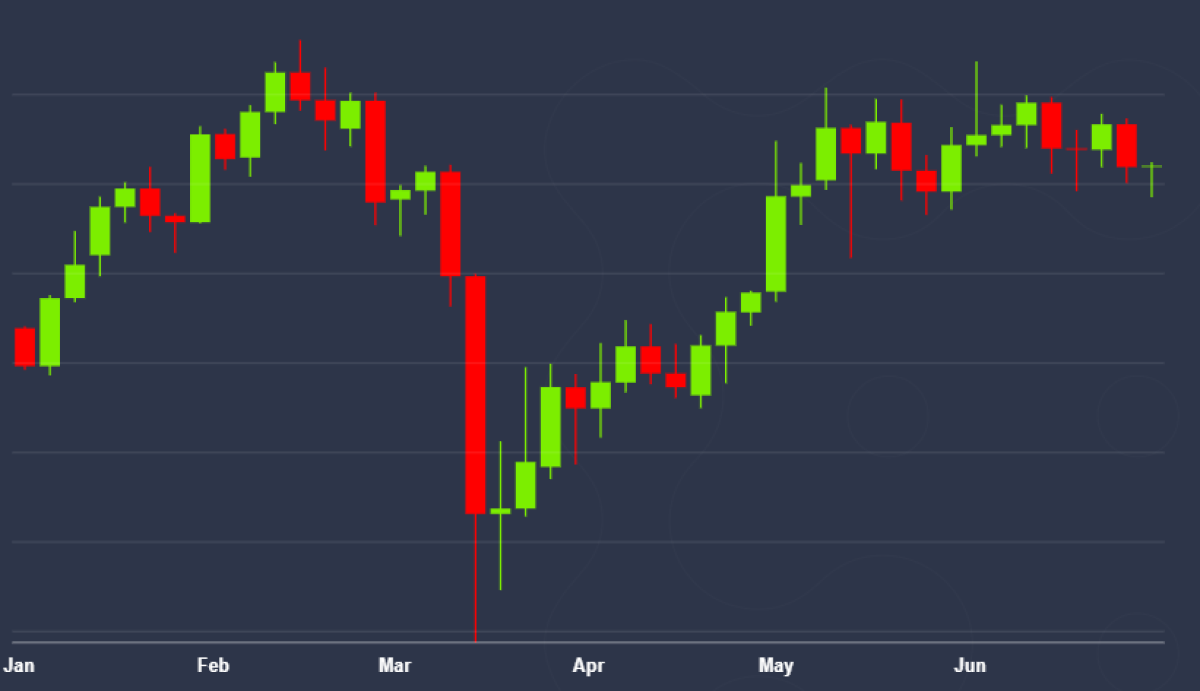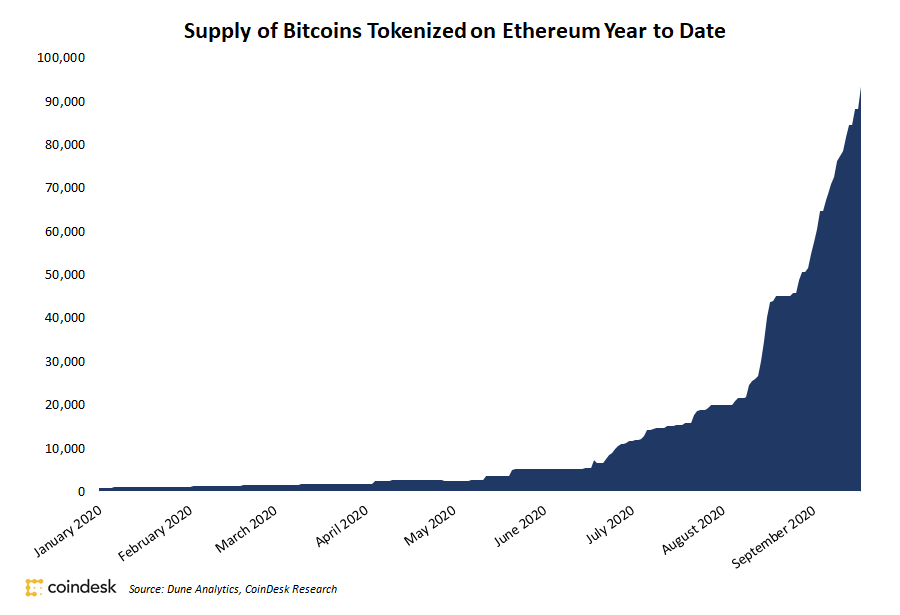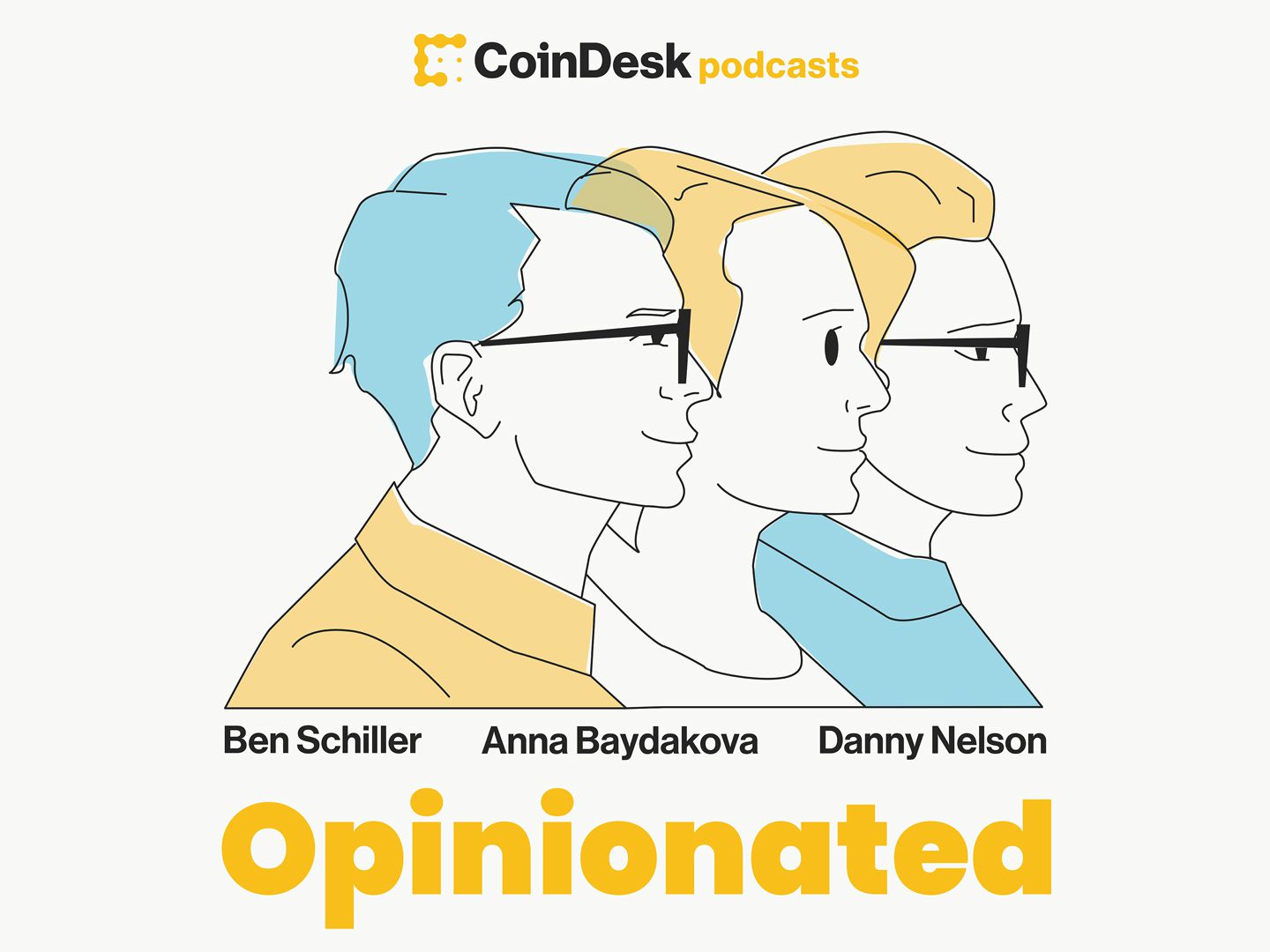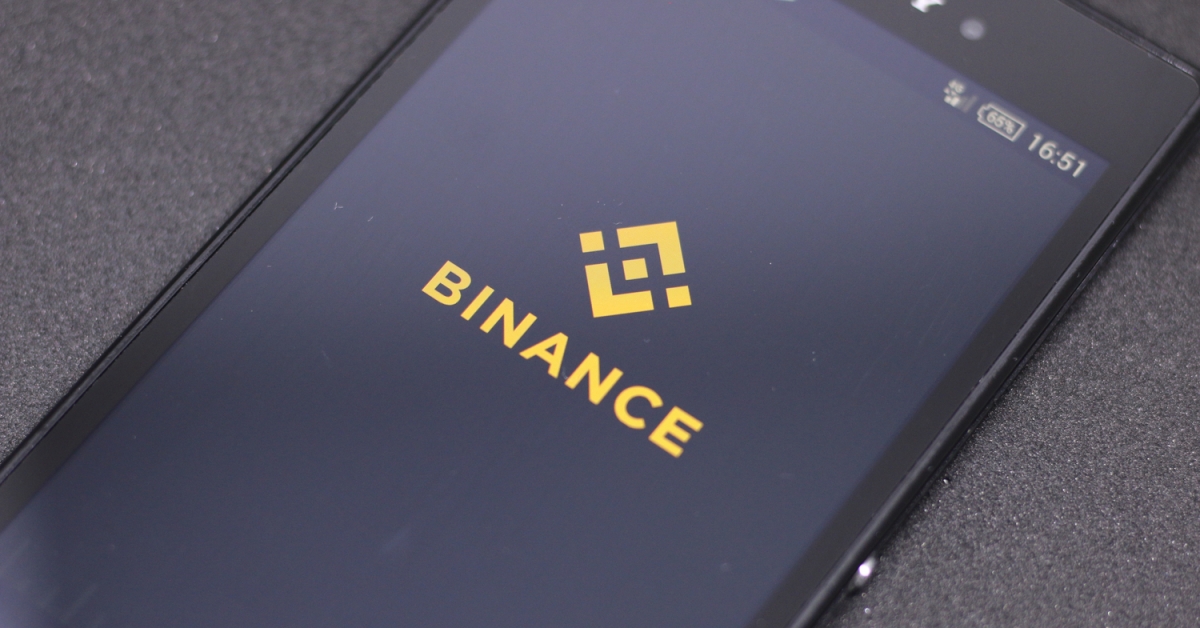A Straightforward Explanation for Why Financial Giants Want to Issue a Spot Bitcoin ETF
The institutions are taking a fresh look at crypto and they’re flooding in.
Last week, BlackRock (BLK) applied for a spot bitcoin exchange-trade fund (ETF). This week, another comically large asset manager in Invesco (IVZ) reapplied for approval to offer a spot bitcoin ETF. The less-comically large ETF-sponsor WisdomTree also refiled for a spot bitcoin asset yesterday (WisdomTree’s filing was initially rejected by the SEC in 2022).
So yes, the institutions are back. But why did $10 trillion asset manager BlackRock and $1.5 trillion asset manager Invesco decide it was time for the spot bitcoin ETF again? Many have offered convoluted and tinfoil-hat theories (some which I quite like).
Theories like BlackRock is scrambling to backstop Coinbase for some reason or the big firms are acting on behalf of three letter agencies to keep self-custodied bitcoin away from everyday people or that Wall Street can’t let the crypto crowd get too far ahead of them.
There are more theories out there, but here’s a much simpler one: Financial institutions like making money and offering a spot bitcoin ETF is a way to make money.
Let’s focus on BlackRock for a second. If you operate under the assumption that BlackRock has clients (it does) and those clients have money they want to give to BlackRock (they do) and those clients are willing to pay BlackRock to take care of that money (they are) and that BlackRock listens to clients (it mostly does), then it doesn’t take a massive leap of faith to believe that there is some amount of client demand for “crypto exposure” that would make offering customers exposure to crypto worth it. In exchange, of course, for a fee.
The fact that BlackRock sees a spot bitcoin ETF as the path of least resistance in offering that exposure to its clients is a different story. BlackRock will only make money on this ETF if approved. So far about a dozen spot bitcoin ETF applications have been rejected by the SEC (though there are reasons to believe BlackRack’s latest application will satisfy the market surveillance and disclosure requirements demanded by the SEC).
To be sure, the path of least resistance for crypto exposure is that way since the SEC has committed to, as CoinDesk’s David Z. Morris puts it, “burning the earth and salting the fields of the cryptocurrency industry.” This while making it abundantly clear that it doesn’t really have an issue with bitcoin and that its issue lies with other alleged securities masquerading as cryptocurrencies.
Also, it’s not that BlackRock specifically likes bitcoin or crypto overall. In fact, BlackRock’s CEO Larry Fink once called the Bitcoin protocol an “index of money laundering.” If the spot ETF is approved I’d expect other BlackRock-sponsored crypto products in the future.
I, for one, don’t think that BlackRock would apply for this spot bitcoin ETF if it didn’t think that it, arguably the most powerful company on Wall Street, could get it approved. If I had my tinfoil hat on, then maybe there is a secret plot to make bitcoin look completely unappetizing to the world since even BlackRock couldn’t get a spot ETF through. I don’t think this is the case.
Perhaps that’s a bit naïve and there is an insidious reason behind the recent influx of spot bitcoin ETFs, but in the end you can point to one simple explanation for it all.
Financial institutions want to make money and this is a way to make money.
Edited by Daniel Kuhn.









